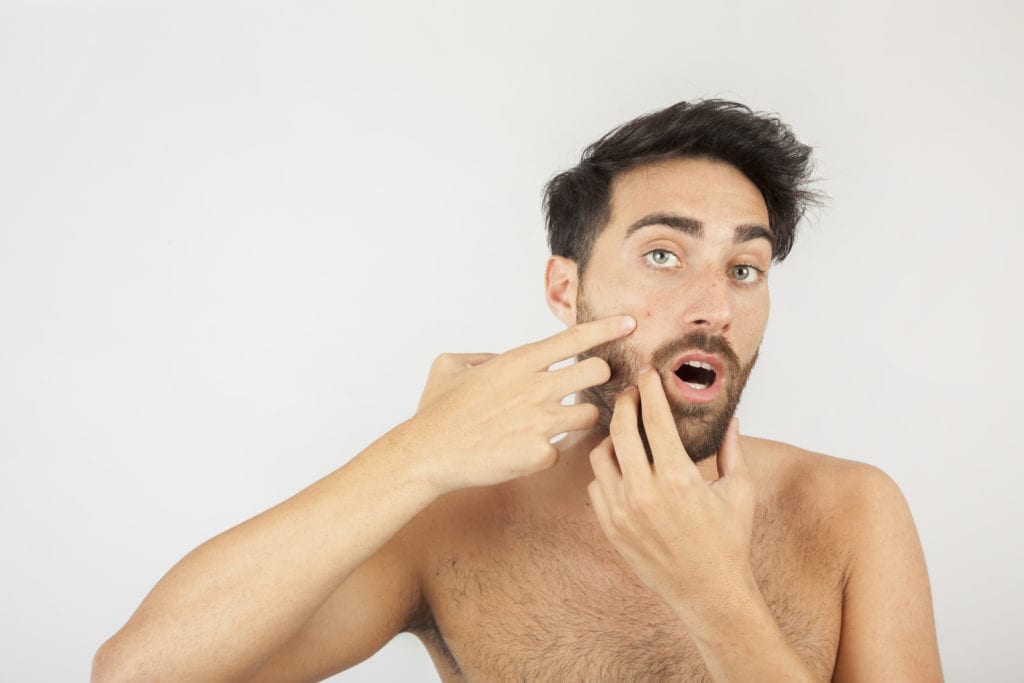What Causes Acne
Myths regarding acne still persist. The most common is the impact of diet. Foods have little influence on acne so the general recommendation is to eat a balanced diet. Also, contrary to popular belief, acne is not caused by dirt or lack of washing. Acne is a result of pores becoming clogged with dead skin cells and trapped oil called sebum. This clogged pore is a blackhead. Bacteria can grow within the clogged pore causing inflammation that appears as a red pimple or pustule. Teenagers are prone to clogging of pores and excessive sebum production making them the primary candidates for acne.
Why Do We Treat Acne?
Believing that acne is just a cosmetic problem that resolves quickly on its own is untrue. Acne is a problem that can last for many years. It can start as young as 8 or 9 and easily last into a patient’s twenties. The presence of acne on the facial skin of a teenager can cause low self-esteem, social anxiety, and even depression. In some cases, acne can leave permanent scars.
Treating Acne
While there is no cure, the good news is that virtually every case of acne can be controlled. Here are some easy things to remember:
- All acne patients should wash their skin with a gentle cleanser twice daily.
- Do not use a loofah pad or a granular soap.
- Do not scrub the skin.
- Squeezing pimples does not make them resolve more quickly. It can lead to increased inflammation and sometimes scars.
- Sunlight (ultraviolet light) does not help acne in the long term and can permanently damage the skin.
- For mild acne, over the counter products containing benzoyl peroxide and salicylic acid can work.
In more active cases or for those unresponsive to the over the counter products, a prescription medication is necessary. Most patients will need a topical antibacterial agent to control the persistent acnes and a topical retinoid to normalize the shedding of dead skin cells. In more advanced cases an oral antibiotic can be prescribed but these are usually not used long-term. There are some physical treatments for acne including acne surgery, cortisone injections, chemical peels, and light treatments. Each person’s skin and acne is different so the proper medications need to be tailored to each person’s needs.
Proper acne diagnosis and treatment usually requires the expertise of a board-certified dermatologist. With the correct approach, acne can be treated safely and successfully.

